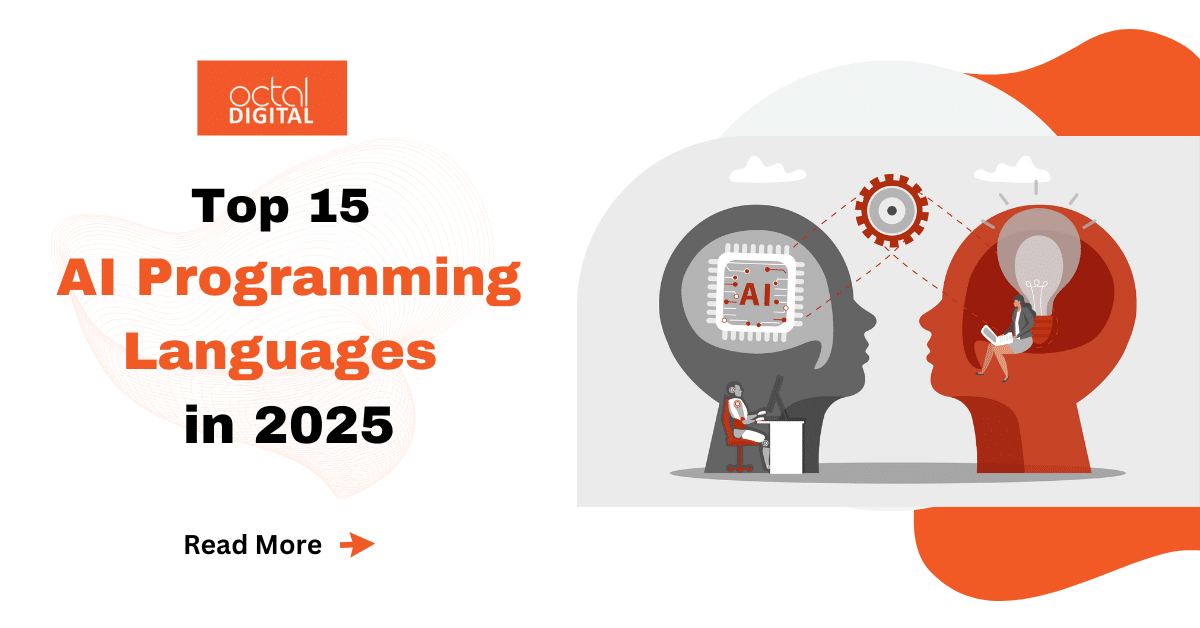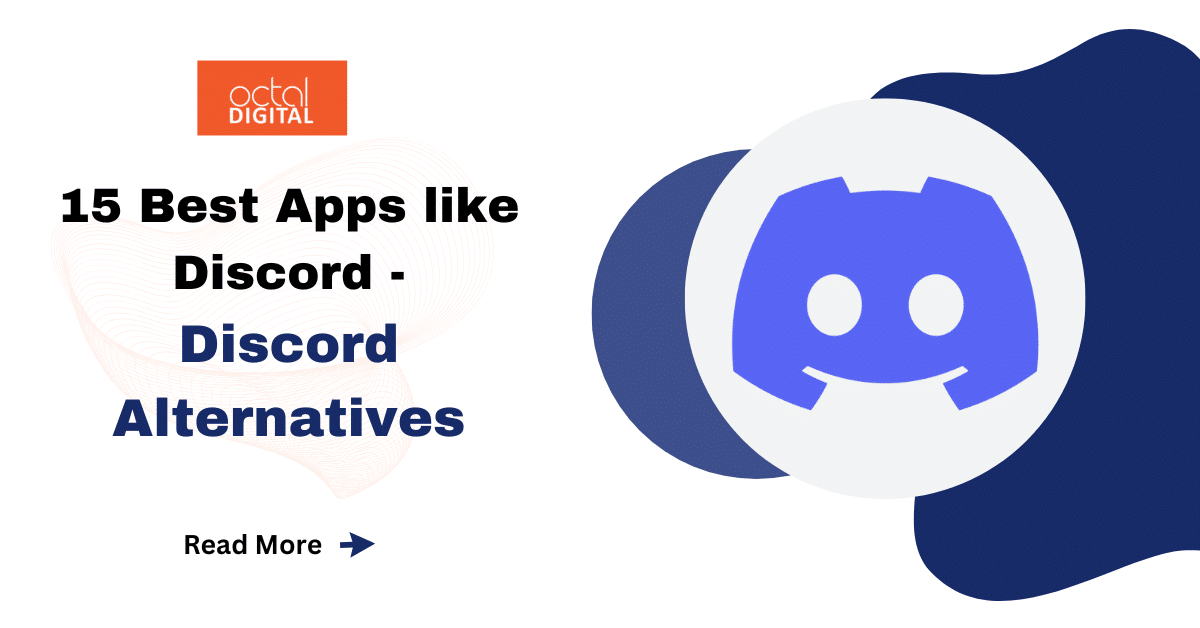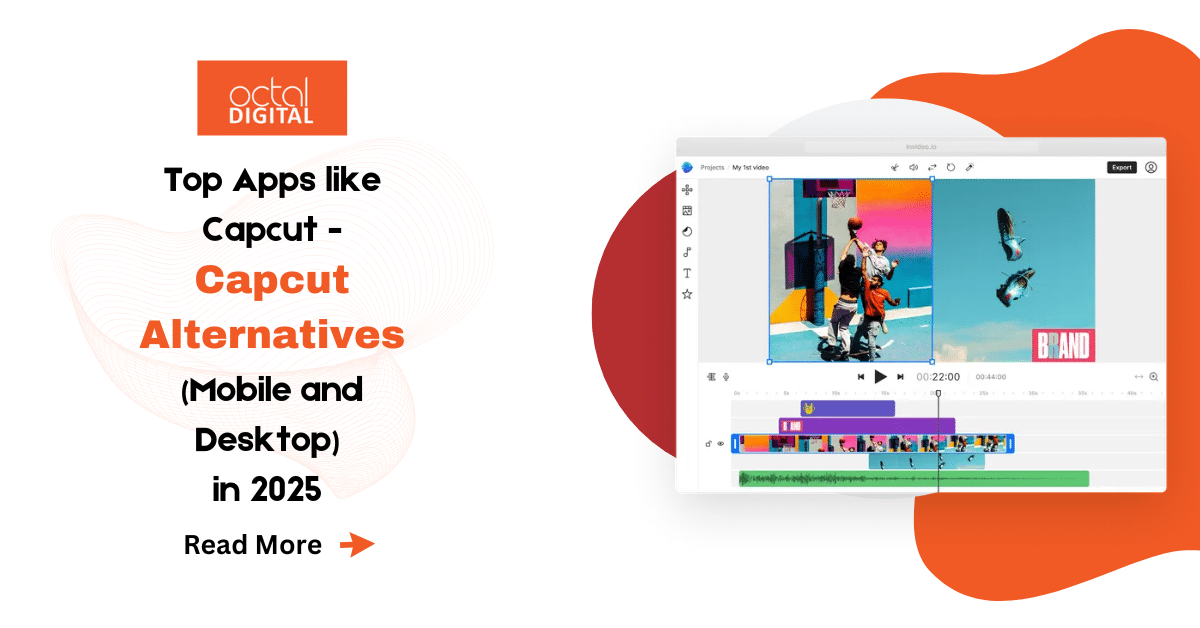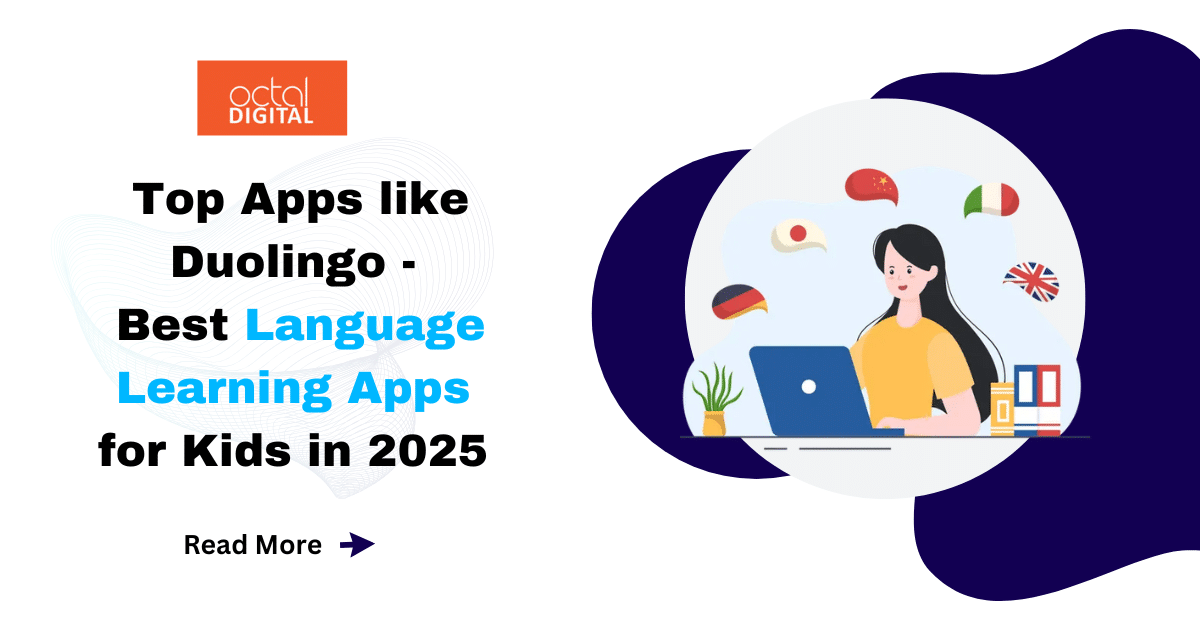The rise of mobile gaming has been nothing short of revolutionary reshaping the entertainment industry itself. Artificial intelligence (AI) is currently streaming waves of limits of design, gameplay, and overall user experience in the gaming industry.
AI is raising the mobile gaming industry to new heights and upending preconceived ideas about interactive entertainment as the genre develops. This mutually beneficial relationship between AI and mobile gaming signifies a turning point in gaming tech development.
In this blog, we will be looking at the exploration of the dynamic ways AI impacts mobile game development.
Table of Contents
ToggleFoundations of AI in Mobile Games
1. How does AI in Mobile Game Development Work?
When we talk about integrating AI into games, we’re talking about making the game characters and elements smarter, more responsive, and unpredictable.
AI in mobile games involves giving computer-controlled characters (or entities) the ability to make their own decisions. It gives them a touch of strategic thinking. Meaning, your opponents in a game aren’t just following a fixed set of moves; they adapt, learn, and respond to your actions.
The key AI components in mobile game development are the algorithms that make these decisions happen. From pathfinding algorithms that help characters navigate the game world to decision trees dictating how enemies react, these components are the unsung heroes working behind the scenes.
2. What are the Benefits of AI in Mobile Game Development?
So, why bother with AI in mobile games? Well, it’s not just for show. It makes your gaming experience way cooler. Imagine playing against opponents who don’t just repeat the same moves like robots. That’s the magic of AI.
Advantages:
- Improved Gameplay: AI makes opponents act intelligently, which gives the game life. Predictable patterns are over! Because your opponents are clever enough to adjust to your moves, every game is different and difficult.
- Personalised Experiences: The AI adapts the game to your play style by learning from it. So, AI might make it a little harder for you if you’re a total boss at a certain level.
- Dynamic Content: AI is not a robot that follows a script. It ensures you never run out of things to explore because it can create new content on the fly. AI keeps the game feeling new, so there’s no need to wait for updates.
AI in mobile game development isn’t just a fancy addition; it’s the secret sauce making your gaming adventures smarter, more exciting, and uniquely yours. Octal Digital offers the best mobile game developers in the industry, to help you develop challenging and customized games that are human psychology based, stimulating the player’s adrenaline rush!
AI Techniques in Mobile Game Development

1. Machine Learning in Mobile Game Development:
Machine Learning (ML) finds its place in mobile games through practical applications like personalized recommendations and adaptive difficulty settings.
-
Personalized Recommendations:
ML algorithms examine player behaviour, preferences, and in-game activities to provide recommendations that are specifically catered to. For example, if a player chooses a character or a game mode repeatedly, the recommendation system adjusts to recommend related content.
-
Adaptive Difficulty:
Machine learning is used to dynamically modify the level of a game according to how well a player performs. The system raises the difficulty if a player routinely completes tasks quickly, guaranteeing the ideal ratio of challenge to engagement.
-
Real-world Examples:
Machine learning is used in games such as “Clash Royale” to suggest decks based on user preferences. With the use of adaptive difficulty, “Angry Birds” keeps things hard but fun by adjusting level complexities in response to player success rates.
2. Natural Language Processing (NLP) in Gaming:
-
Exploring NLP in Storytelling:
-
Exploring NLP in Storytelling:
NLP allows for more interactive and captivating storylines, which improves storytelling in mobile games. Conversations with in-game characters allow players to experience a more immersive storyline and make text-based interactions feel more natural.
-
Chatbots and Conversational Interfaces:
To enhance player-character interactions, games employ chatbots or conversational interfaces driven by natural language processing. As a result, the gaming environment is more responsive and captivating and allows for dynamic dialogues and responses.
For instance, “Life is Strange” uses natural language processing (NLP) to drive dialogue, and player decisions impact the plot. Players converse with an AI character in the chatbot-based game “SimSimi,” which reacts intelligently based on the input.
Mobile games benefit from the practical improvements provided by machine learning and natural language processing. Players are kept interested by adaptive difficulty and personalized recommendations, and natural language processing (NLP) makes storytelling more dynamic and immersive. The observable effects of these strategies on the gaming industry are demonstrated by real-world instances in well-known games.
Collaborate with Octal Digital to craft next-gen masterpieces with our mobile game development services. From sophisticated AI algorithms to innovative design, witness the seamless integration of technology and creativity that defines Octal’s approach. We implement meticulous design processes, combining aesthetic creativity with technical feasibility to produce visually stunning and technologically advanced games.
AI for Game Personalization and User Engagement

1. Player Behavior Analysis:
-
Analyzing Player Behavior with AI:
AI is essential to comprehending player behavior, which enables game developers to customize in-game experiences. AI algorithms learn about the habits of individual players by monitoring their behaviors, preferences, and patterns.
-
Tailoring Challenges, Rewards, and Narratives:
AI analysis is used by games to modify objectives, prizes, and storylines according to player preferences. If a player prefers fighting to exploring, for instance, the AI may highlight quests that focus on fighting or offer rewards that correspond with that preference.
One well-known instance is Fortnite. AI algorithms in Fortnite monitor player movements and actions to generate challenges and rewards that are unique to each player. In a similar vein, “Call of Duty” modifies matchmaking according to player ability to guarantee a competitive yet pleasurable experience.
2. Dynamic Content Generation:
-
AI’s Role in Content Generation:
Through procedural content generation, AI makes a major contribution to the creation of dynamic and adaptable in-game content. To improve the overall player experience, this entails employing algorithms to generate a variety of interesting and captivating game elements.
-
Procedural Content Generation:
To create expansive and distinctive worlds, games like “Minecraft” employ AI-driven procedural generation. The terrain, buildings, and resources in the game are created algorithmically, giving players an ever-changing environment.
AI’s role in game personalization and user engagement is evident through player behavior analysis and dynamic content generation. By adapting challenges, rewards, and narratives based on individual preferences and employing procedural content generation, AI enhances the gaming experience, making it more tailored and engaging for players.
AI-driven Game Testing and Quality Assurance

1. Automated Testing with AI:
-
AI in Game Testing Efficiency:
AI is a key component in increasing the efficacy and efficiency of game testing. An efficient testing process is made possible by automated testing driven by AI algorithms, which can quickly find bugs, balance problems, and other possible issues.
-
Benefits of AI in Game Testing:
Because AI is so good at complicated and repetitive tasks, it’s perfect for testing different parts of games. It can mimic a variety of player interactions, which aids developers in spotting possible problems before players even get to play the game.
-
Examples:
AI-driven automated testing is used in games such as “League of Legends” to evaluate game balance and guarantee equitable gameplay. AI bots move methodically through game scenarios, assisting in the detection of any anomalies or glitches that could affect the player’s experience.
2. AI in Player Feedback Analysis:
-
AI and Player Feedback Improvement:
AI helps developers comprehend player sentiments and areas that require improvement by contributing to the analysis of player feedback. Through the utilization of sentiment analysis algorithms, developers are able to derive significant insights from player reviews and comments.
-
Use of AI in Sentiment Analysis:
To classify player feedback into positive, negative, or neutral sentiments, games use AI in sentiment analysis. This enables developers to give top priority to pressing problems or issues brought up by the player base.
-
Examples:
In “Overwatch,” artificial intelligence (AI) is utilized to examine user reviews from social media and forums to help the development team comprehend how players feel about different aspects of the game. Making educated decisions for upcoming updates is aided by this.
Recommended Blog: How Generative AI Can Boost Your Business’s Scalability (2024)
What are the Challenges and Considerations with AI Integration in Mobile Game Development?

1. Ethical Considerations:
-
Addressing Ethical Concerns:
The use of AI in mobile game development brings up ethical issues that developers need to handle. Responsible AI implementation must prioritize maintaining fairness, protecting user privacy, and being transparent about how AI algorithms work.
-
Ensuring Transparency:
When it comes to how AI affects the gaming experience, game developers should be transparent about it. This openness promotes trust by assisting users in understanding how AI plays a part in dynamic content creation, personalized recommendations, and other areas.
-
Fairness in AI:
To guarantee that all players are treated equally, developers must work to eradicate bias from AI algorithms. Inadvertent prejudices may result in unfair benefits or drawbacks, which may affect the overall gaming experience.
-
User Privacy:
It’s critical to protect users’ privacy. It is imperative for developers to maintain transparency regarding the data they collect, its intended use, and adherence to data protection laws.
2. Technical Challenges:
-
Common Technical Challenges:
There are technological challenges when integrating AI into mobile games. These difficulties could include real-time processing requirements, complex algorithms, and limited computer resources.
-
Overcoming Computing Resource Limitations:
Memory and processing power on mobile devices are often constrained. To ensure a seamless gaming experience without sacrificing device performance, developers must optimize AI algorithms for these platforms.
Algorithmic Difficulties:
-
Algorithmic Challenges:
It takes careful thought to develop AI algorithms that work well for tasks like player behavior analysis and dynamic content generation. Developers must balance efficiency and complexity, customizing algorithms to the unique requirements of mobile gaming.
-
Real-time Processing Demands:
Real-time processing is necessary for certain AI applications, such as adaptive difficulty adjustment. In order to guarantee a smooth integration with the gaming experience, developers need to optimize their algorithms for speed.
There are technological as well as ethical issues when integrating AI into mobile games. Implementing AI ethically requires ensuring user privacy, fairness, and transparency. It takes careful optimization and strategic development to overcome technical obstacles linked to computing power, complex algorithms, and real-time processing requirements.
Loving reading our blog? Explore our latest blogs today and get insights into the latest tech trends from a wide range of topics, such as Cloud Gaming in 2024!
Conclusion:
In summary, the gaming industry is changing as a result of the combination of artificial intelligence (AI) and mobile game development. Once thought to be futuristic, AI has evolved to be a seamless part of the user experience, gameplay, and design. Artificial intelligence (AI) improves gameplay by providing distinctive and customized experiences, from its fundamental role in making game elements smarter to useful applications like personalized recommendations and adaptive difficulty. Dynamic challenges and rewards are ensured by its influence on player behavior analysis.
The effectiveness of AI in mobile game development and testing finds bugs, making the experience of playing games more enjoyable. AI-powered analysis of player feedback promotes ongoing development. However, for responsible implementation, obstacles like ethical issues and technological difficulties need to be overcome.
AI and mobile game development go hand in hand, and this is a crucial technological development. It is recommended that developers embrace AI’s transformative potential and acknowledge its influence in the future of gaming.
FAQs
1. How does AI enhance the gaming experience in mobile games?
Artificial Intelligence (AI) in mobile games imbues characters and elements with intelligence, rendering them more intelligent, agile, and unpredictable. This ensures that opponents adjust, pick up on, and react to player actions by adding a layer of strategic thinking. Algorithms that control decision-making, from pathfinding to enemy reactions, are the essential elements that create a dynamic gaming environment.
2. What are the benefits of incorporating AI in mobile game development?
AI improves gameplay by making rivals act shrewdly and steer clear of recurring patterns. By taking into account different playing styles, it provides individualised experiences by modifying the game accordingly. AI also brings dynamic content generation, so players don’t have to wait for updates to keep the game interesting.
3. How does Machine Learning (ML) contribute to mobile game development?
Customised game recommendations and adjustable difficulty settings are two examples of machine learning applications. To provide customised recommendations, machine learning algorithms examine player behaviour, preferences, and actions. Adaptive difficulty modifies the game’s difficulty dynamically in response to player performance, ensuring the ideal ratio of challenge to engagement.
4. What role does Natural Language Processing (NLP) play in mobile game storytelling?
By enabling more interactive and captivating narratives, NLP improves storytelling. Conversations with in-game characters enable players to immerse themselves in immersive storylines, making text-based interactions seem natural. NLP-powered chatbots and conversational interfaces can be incorporated into games to make the gameplay experience more dynamic and interesting.








